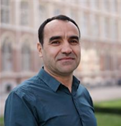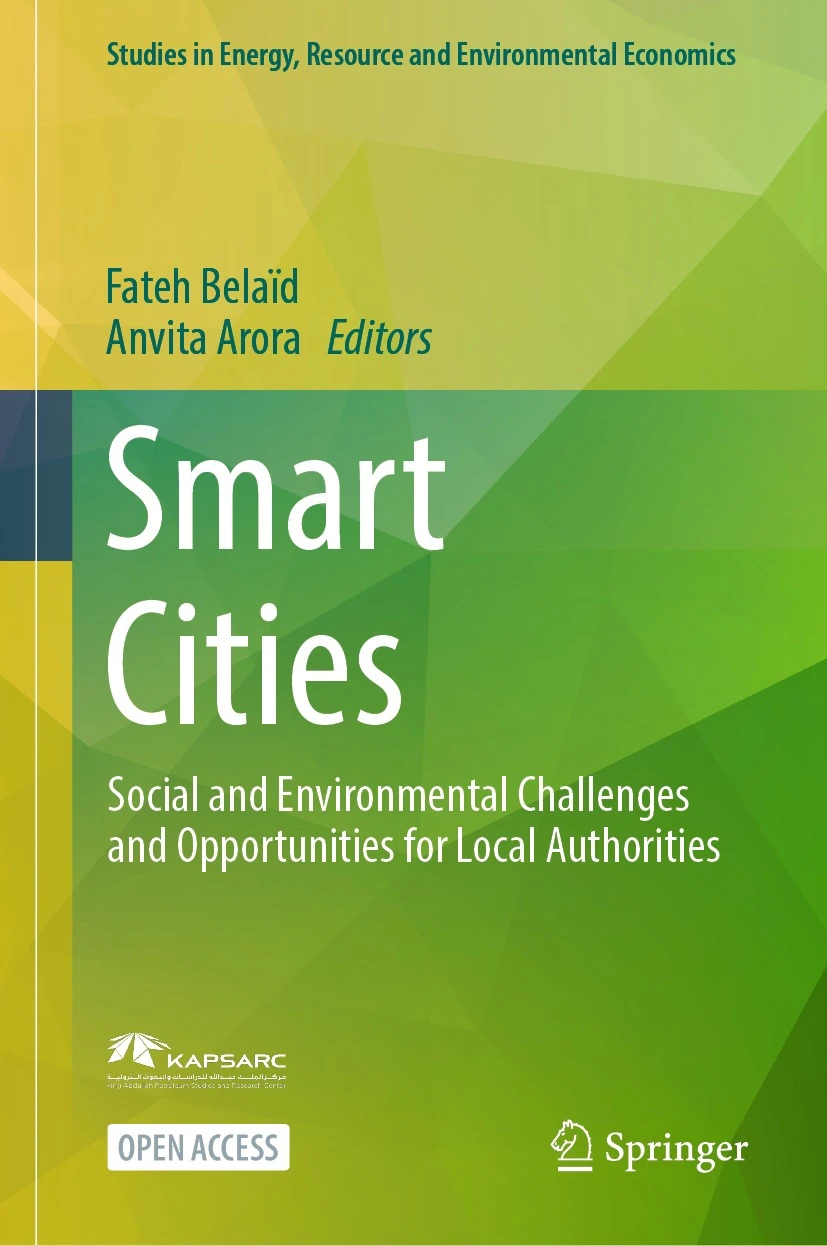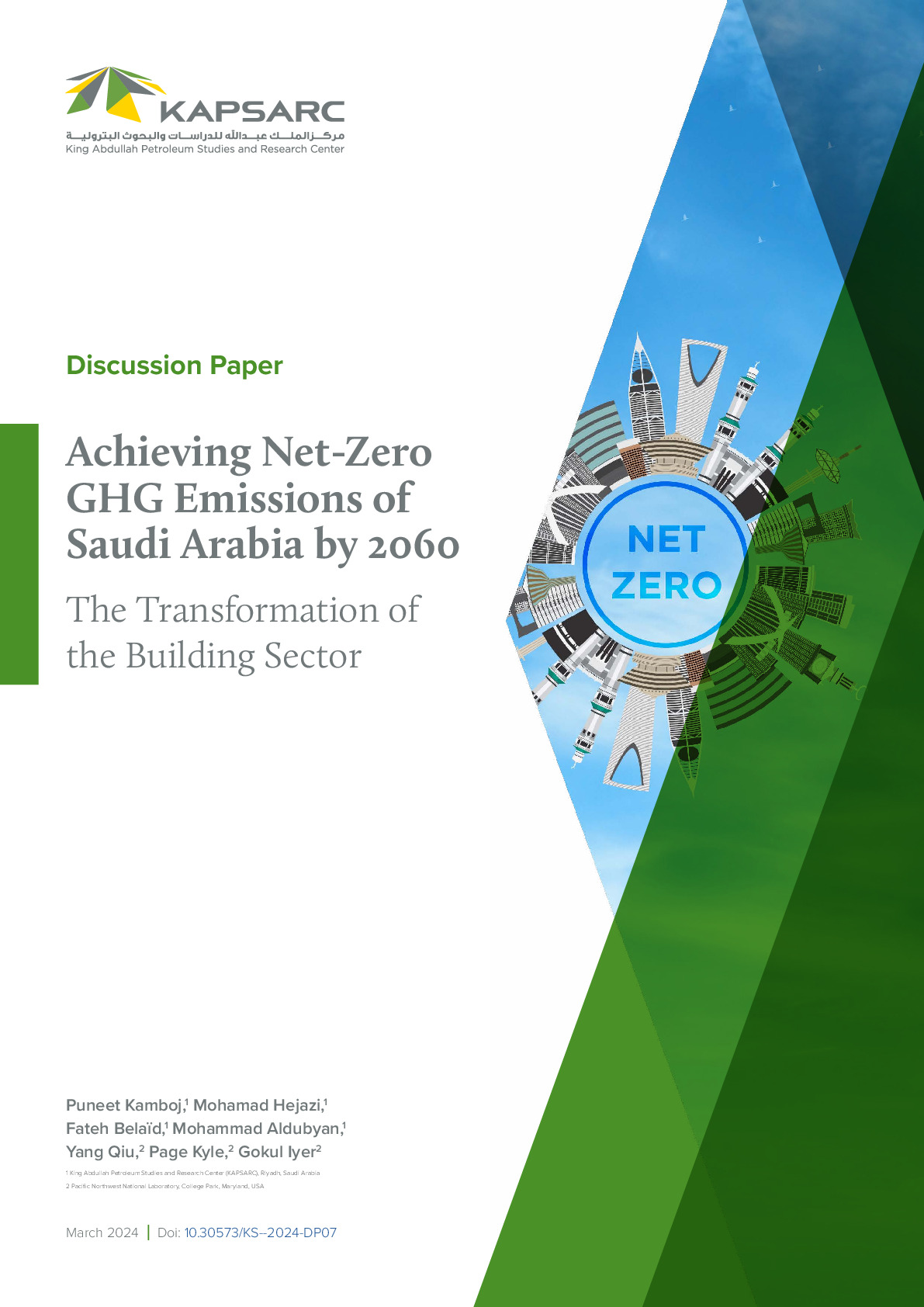Climate change is a global issue. According to an IPCC special report (IPCC, Global warming of 1.5 °C. An IPCC special report on the impacts of global warming of 1.5 °C above pre-industrial levels and related global greenhouse gas emission pathways, in the context of strengthening the global response to the threat of climate change, sustainable development, and efforts to eradicate poverty. World Meteorological Organization, Geneva, Switzerland, 32 p, 2018), if global warming is 1.5 °C above pre-industrial levels, this will increase the threat of climate change, challenge sustainable development and increase poverty in the world. All countries must reduce their greenhouse gas (GHG) emissions. The attention paid to countries that produce fossil fuels and export them to the rest of the world is evident in this context. Like other oil-producing countries, KSA faces two challenges for the 2020s: the consequences of the world’s low carbon energy transition and the changes associated with economic diversification and the growth of the low carbon economy at home. The country should diversify its economy and develop sustainable projects, like smart cities and sustainable tourism, in order to achieve the Agenda 30 aims and the UN Sustainable Development Goals.





